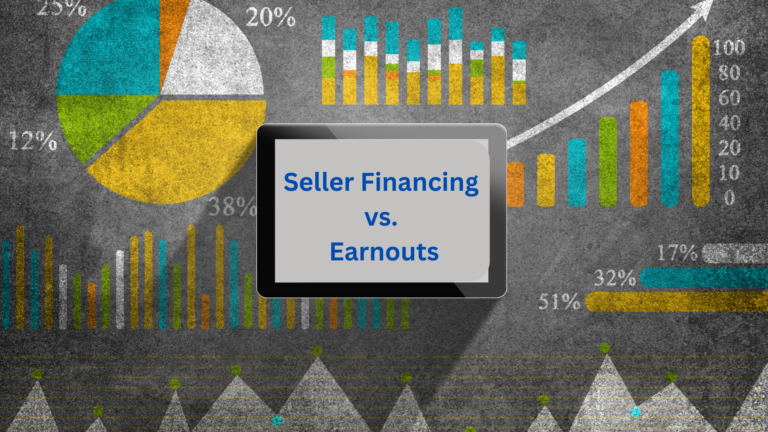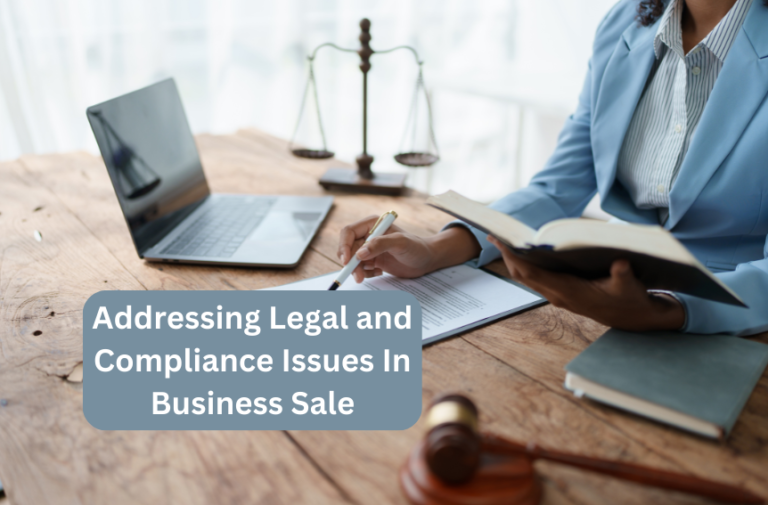As a business advisor, staying informed about regulatory changes is crucial for advising clients effectively. One significant update in the regulatory landscape is the Financial Crimes Enforcement Network (FinCEN) Beneficial Ownership Information (BOI) reporting requirements, which came into effect on January 1, 20241. This blog will provide an overview of these requirements and their implications for businesses.
What is BOI Reporting?
BOI reporting is mandated by the Corporate Transparency Act (CTA) and requires certain U.S. and foreign entities to report information about their beneficial owners to FinCEN. The goal is to enhance transparency and combat illicit activities such as money laundering and terrorism financing1.
Who Needs to Report?
The reporting requirements apply to a wide range of entities, including corporations, limited liability companies (LLCs), and other similar entities created or registered to do business in the United States. However, there are exemptions for certain entities, such as large operating companies, regulated entities, and inactive entities1.
What Information Must Be Reported?
Entities required to file a BOI report must provide the following information about each beneficial owner12:
- Full Legal Name
- Date of Birth
- Residential or Business Address
- Unique Identifying Number (from an acceptable identification document, such as a passport or driver’s license)
Additionally, the reporting company must provide its own identifying information, including its legal name, any trade names, and its current address2.
How to File a BOI Report
Reports must be filed electronically through the FinCEN BOI E-Filing System. Entities can create a FinCEN ID, which is optional but can simplify the filing process2. It’s important to ensure that all information is accurate and up-to-date to avoid penalties.
Deadlines and Compliance
Initial reports for newly formed or registered entities must be filed within 30 days of formation or registration. Existing entities have until January 1, 2025, to submit their initial reports1. Any changes in the reported information must be updated within 30 days of the change.
Implications for Business Owners
For current and future business owners, understanding these requirements is essential for smooth business operation and legal compliance, especially those involved in mergers and acquisitions. Ensuring compliance can prevent legal issues and enhance the transparency and credibility of the businesses you would like to acquire or sell.
Taking Action
FinCEN’s BOI reporting requirements mark a significant step towards greater corporate transparency. As business advisor, we are committed to keeping you informed with the latest news and regulatory requirements and helping you maintain compliance and foster a transparent business environment.
We just finished the BOI filing online for our own business and found it easy to use. For a single-member company, the initial filing took about 10-15 minutes. Make sure you have your business EIN, the owner’s ID number, and copies of the ID documents ready.
When you are ready, you may click here to file: 👉 BOI E-FILING.













